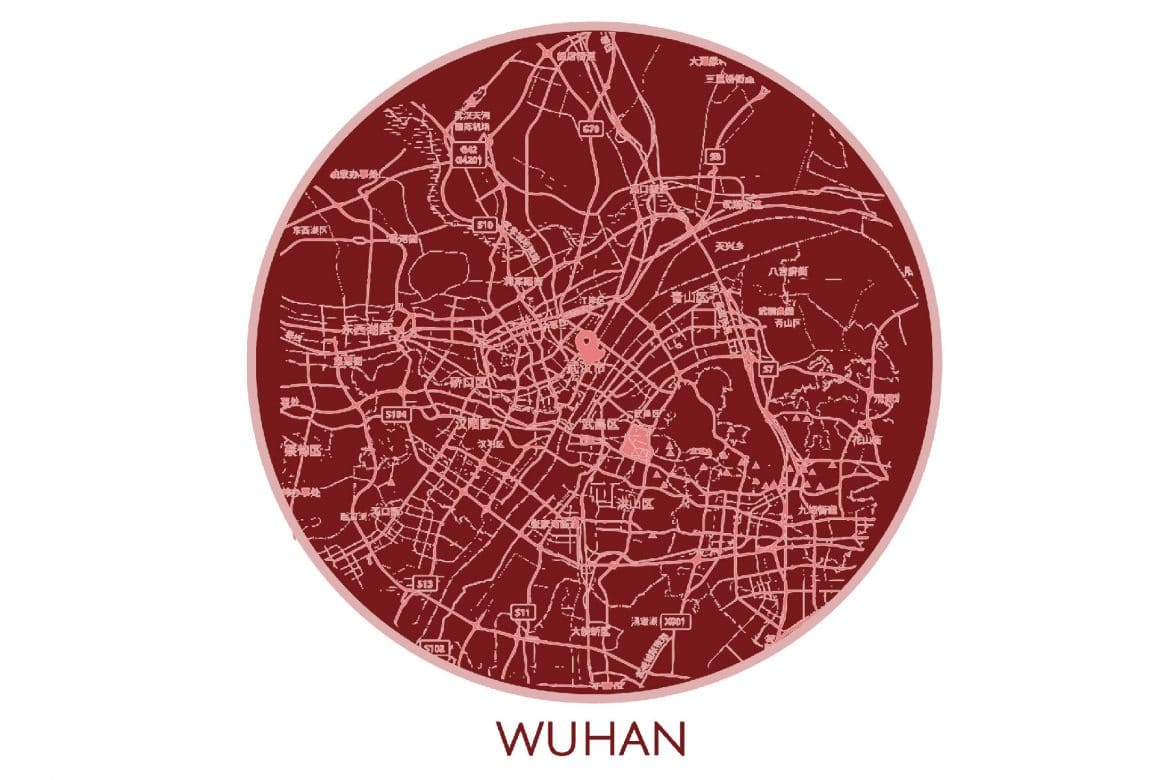While many people in early 2020 only heard about the coronavirus outbreak in China through the news, a few Harding alumni were living in Wuhan, China, at that time and experienced firsthand some of the world’s initial lockdowns.
Alumni Allie Cook and Zee Rock, among other Harding alumni, got jobs in 2017 teaching English at universities in Wuhan, China. However, they had to return to the United States and teach online after COVID-19 restricted travel.
In China, the winter break is typically in January and February to observe the Chinese New Year and Spring Festival, so instead of being at home in Wuhan when the city went into lockdown last year, the alumni were in the Sichuan province of China on vacation.
“The day that we left for vacation was Jan. 4, 2020, and that was the day that the first cases were actually reported … for the public to know,” Cook said.
Wuhan closed down on Jan. 23, and Cook returned to the U.S. on Feb. 4, a month after she first left her home for the holidays.
“At the time, we really didn’t realize the gravity of the situation,” Cook said.
The Harding graduates continued with their vacation for nearly three-and-a-half weeks before things began to close down in other cities as well. Cook said they were kicked out of one hotel and almost weren’t allowed into another because their residence was listed as being in Wuhan.
“It’s very different than it is here in the states, right?” another Harding alumnus from Wuhan said. “When your government issues a stay-at-home [order], you can still go out and shop and everything — but when it comes to … China, it’s very different. When you’re caught in the public, people, I mean the authority, will put you in the jail for a few days and give you a big penalty.”
Cook came home in early February, but Rock stayed for a week longer.
“It was mid-February when I was starting to find it relatively impossible — or at the very least, ideal,” Rock said. “Impossible to stay in China for various reasons and [not] ideal to come back to America and try to wait out the situation. I wanted to stay, but it would have been incredibly difficult.”
About a month after the alumni came back to the U.S., some state and local governments began shutting down many parts of the country, as well.
“It was a lot more difficult than I thought it would be because I was like, ‘Well, I kind of already experienced this craziness of things locking down,’ but kind of having to start over with that again — it was … really, really difficult, and it became even more difficult as things continued to be really horrible here and seeing things improve specifically in Wuhan,” Cook said.
Rock had a slightly different response to seeing the beginning of a lockdown again.
“It was just a big feeling of disappointment because, not only were we the most well-prepared, but when everything started going down, everyone was giving terrible advice,” Rock said. “The average person thought that they could, you know, elevate themselves above common sense.”
Both Rock and Cook plan to return to Wuhan as soon as COVID-19 restrictions subside so they can continue teaching in person.
